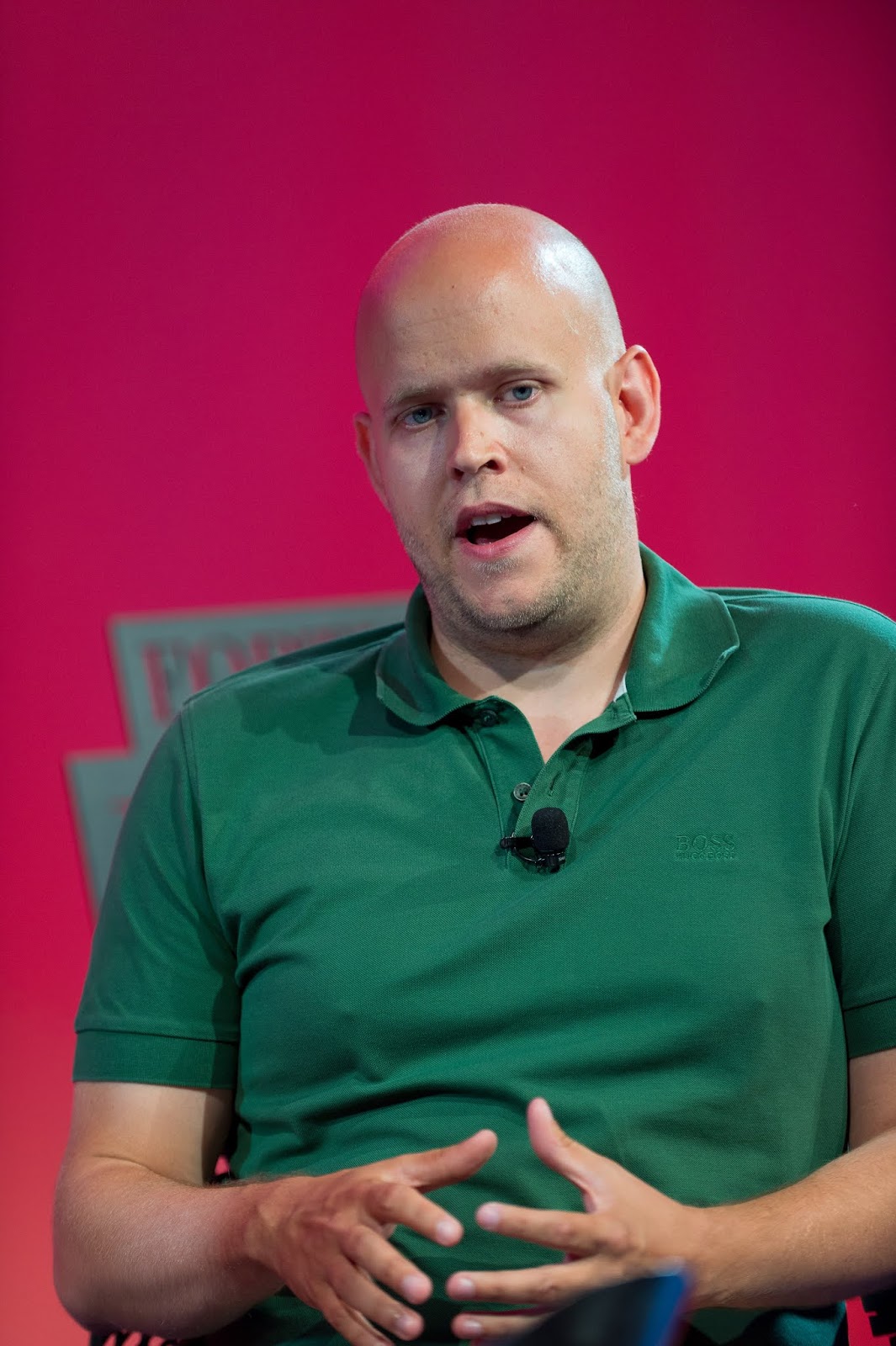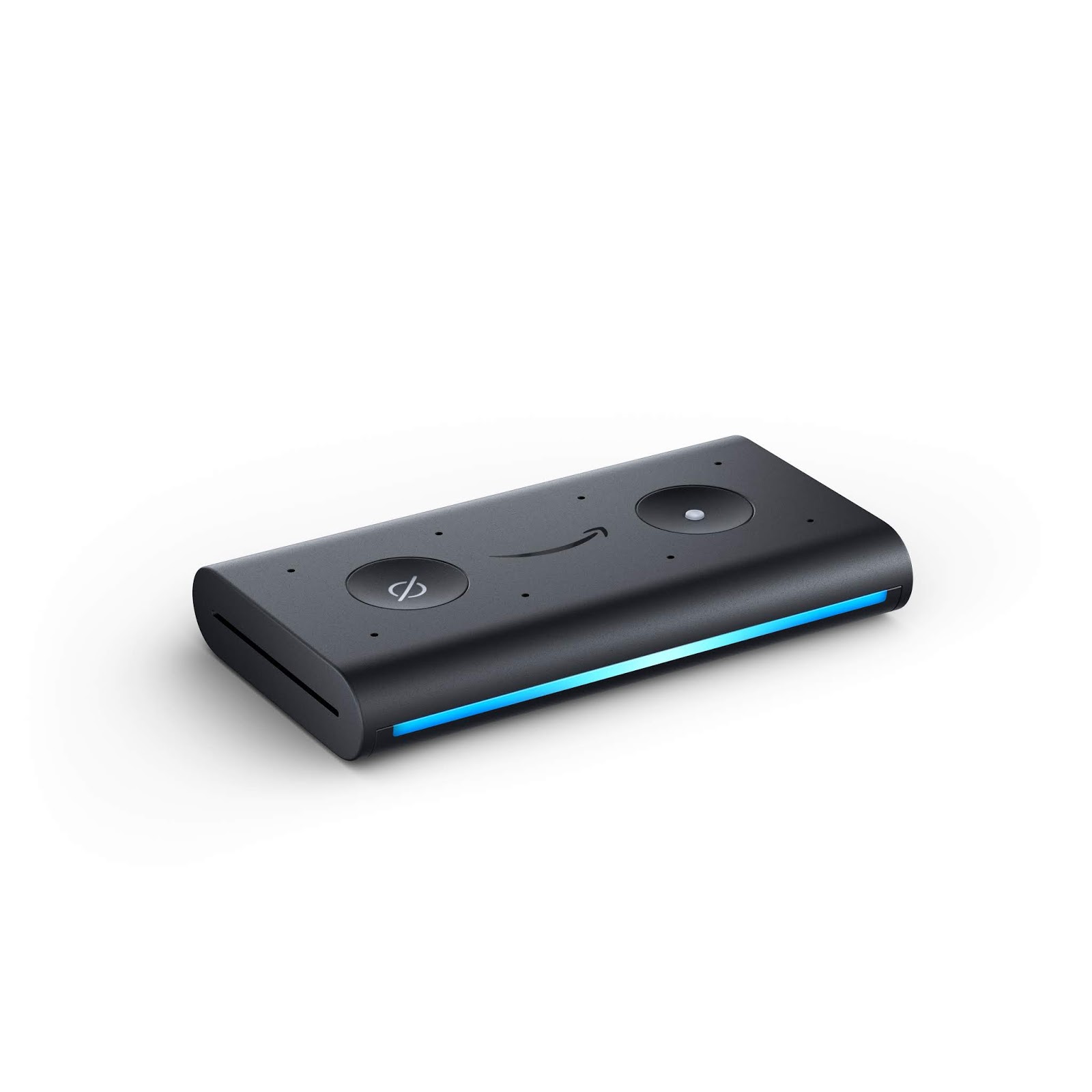- General
- January 20, 2019
- 5 minutes read
Spotify Said To Be Planning Release Of A $100 Voice-Controlled Car Music Player
Spotify co-founder and CEO Daniel Ek Photograph by Stuart Isett/Fortune Brainstorm TECH Spotify is working on the release of a…
 |
| Spotify co-founder and CEO Daniel Ek
Photograph by Stuart Isett/Fortune Brainstorm TECH
|
Spotify is working on the release of a $100 voice-controlled in-car music player this year, The Financial Times says, marking its first foray into hardware. FT says the company has been working with electronics manufacturer Flex to build out the device which would come cheaper than most brand-name car stereo systems if a $100 price stands firm.
Rumors of hardware ambitions for Spotify first emerged June last year after the company registered with the Federal Communications Commission, a move towards getting approval to sell wireless hardware in the U.S. Spotify also introduced a new “car view” mode for its Android app just this week, signalling a focus on the automotive market.
 |
| The Echo Auto, a similar offering from Amazon saw over 1 million pre-orders before it recently began shipping
image : Amazon
|
A recent survey from voice tech publication Voicebot.ai indicate that some 77 million U.S. adults use voice assistants in their cars, compared with 45.7 million using them on smart speakers. Cars are arguably a best use for voice technology as drivers might prefer voice control rather than touchscreens which may be distracting at times.
Apple, Amazon and Google, which control smartphones and connected speakers used by most listeners to access Spotify are pushing their rival streaming services to grab more market share in the field dominated by Spotify. The release of its own music player may give the company more leverage and advantage to keep customers on its service.
Spotify stands as the global leader in music streaming by a high margin, with 87 million global paying customers. But in the U.S., the largest music market, Apple Music has caught up, recently beating the Sweden based company to become the number one paid music service in the U.S.






